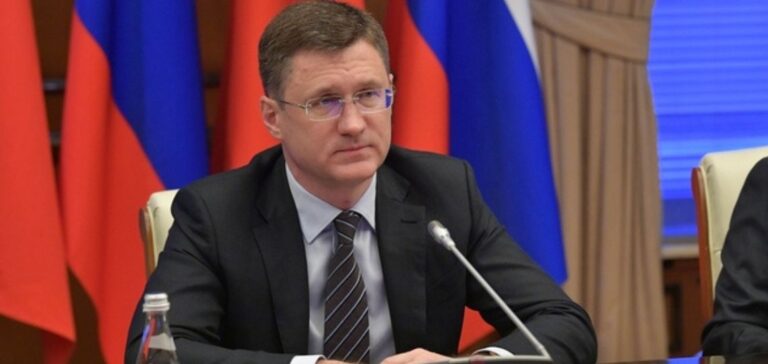Alexander Novak, a key figure in the Russian government, sees his responsibilities broaden. From now on, he will manage not only relations with OPEC+, but also Russia’s economic development. These new functions also include the management of countermeasures to international sanctions. In addition, the government announced this addition to its portfolio following the appointment of Andrey Belousov, the former Minister of Economic Development, as Minister of Defense. This transition is taking place against a backdrop of protracted war in Ukraine.
Economic strategy and sanctions
Novak plays a pivotal role in Russia’s economic reorientation. He is committed to strengthening the country’s economic competitiveness. His goal is ambitious: to make Russia the world’s fourth-largest economy by 2030. He is convinced that Western sanctions, while binding, represent an opportunity. They are pushing Russia to speed up an already necessary economic transformation.
Impact on the energy sector
Novak keeps an eye on the energy sector. Under his leadership, Russia continues to play a major role in OPEC+. At the same time, he is overseeing strategies to overcome sanctions on oil exports. Russia is adapting its trade flows and developing alternative routes. In addition, these new routes are designed to ensure that Russian resources reach new markets, such as India.
Logistical changes and responses to sanctions
Russia is also stepping up its logistics to get around the restrictions. A growing fleet of “ghost” tankers is used to divert oil to non-traditional destinations. This helps Russia maintain its oil revenues. In addition, efforts are being made to overcome the technological barriers imposed by the EU and the USA. Particularly in the refining sector.
The expansion of Novak’s responsibilities under President Vladimir Putin underlines his position of trust. It is now at the heart of efforts to adapt the Russian economy to global challenges. Its role is crucial in ensuring Russia’s economic and energy stability in the face of Western sanctions.






















